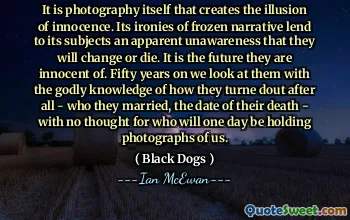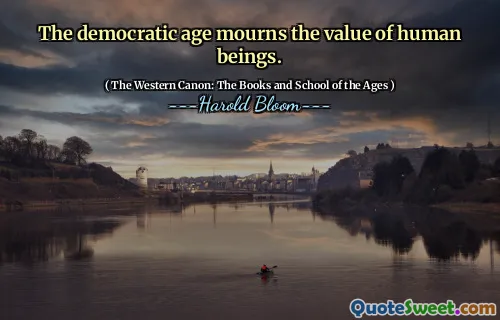
At some time during the process, {of writing} I came up with a therapeutic device. After each draft I would tear up the pages and feed the paper to a worm compost I keep in my garage. A few months later, those painful pages were dirt that nourished my yard, which I could walk with bare feet. It was a real and tangible connection to that larger immensity. I liked to remind myself that the same process is going to happen to me when I'm done, when I die and nature tears me up...
This quote offers a profound metaphor about transformation and the cyclical nature of life, death, and creation. The author’s ritual of tearing up drafts and metaphorically feeding them to worms, which then convert these torn pages—filled with creative struggle—into nourishing dirt, beautifully illustrates how destruction can lead to renewal. It reminds us that the uncomfortable or painful parts of the creative process don’t have to be wasted efforts; instead, they contribute to something larger and meaningful beyond ourselves.
This therapeutic act connects the author’s internal creative trials with the physical world, grounding abstract emotional labor into something tangible and elemental. The reference to walking barefoot on the yard nourished by those pages adds a sensory dimension, deepening the connection between personal effort and nature’s cycles. Importantly, the reflection that the same decomposition process will apply to the author after death introduces a humbling perspective on human life. It reminds us of our insignificance in the cosmic sense, yet also tells us that our existence, like those pages, contributes ultimately to something greater.
Overall, the passage embodies themes of humility, surrender, and the idea that ego diminishes as we acknowledge our role as parts of a vast, interconnected system. It aligns well with Ryan Holiday’s broader philosophy in “Ego Is the Enemy,” which advocates for humility and understanding the limits of self-importance. The quote encourages embracing the process, no matter how painful, knowing it feeds growth—both personal and universal.


